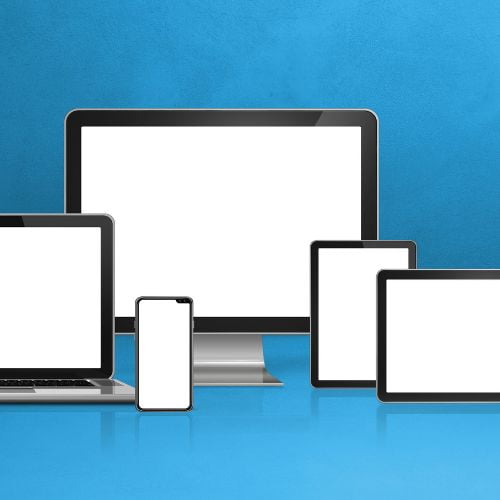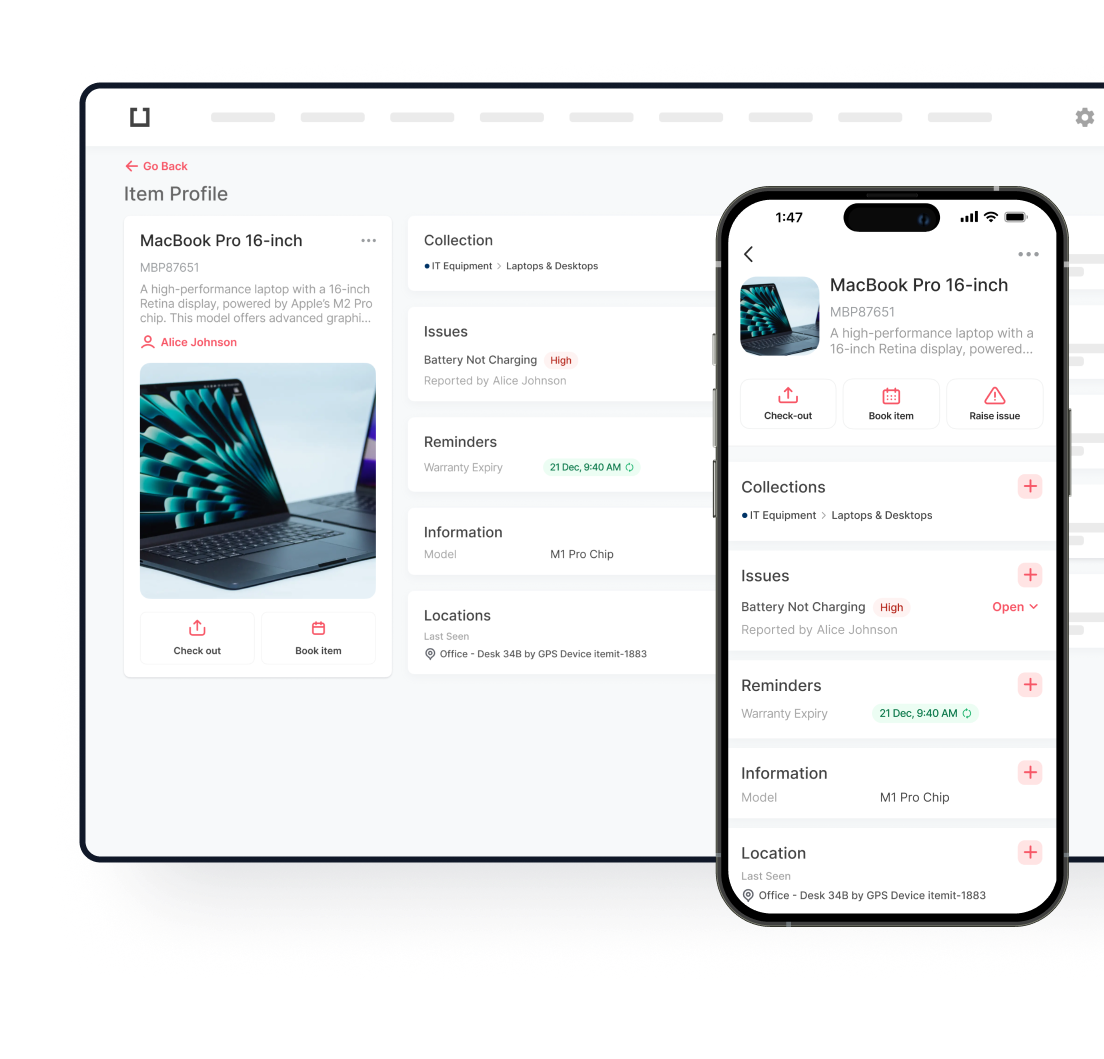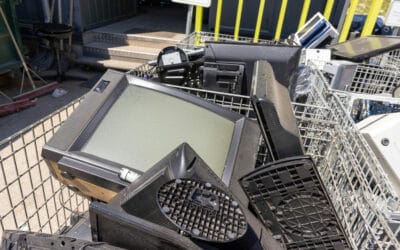
No matter how large or small your business is or what you do, you are likely to have computer equipment. This equipment needs to be taken care of as it’s expensive and without trying to state the obvious, it helps you run your business. Therefore, it’s vital that you take good care of all of your IT equipment. But how can you do this? By using IT inventory software.
Let’s take a look at how IT inventory software can help and how you inventory your computer equipment, to begin with.
How To Begin
Once you have chosen the software that works best for you, it’s time to start adding everything to your inventory. This is somewhat easier than you may think. If you have used a paper inventory or even a spreadsheet, you’ll be pleased to know that software can be much simpler. There will be fewer mistakes and much more useful data collected.
One of the first things you need to do is to decide where you want to begin. If you want to start by inventorying everything in one office, that’s a good place to start. This is a much easier option than adding assets that are in multiple locations and having to move between them.
So, the first step is to attach a barcode or an RFID tag to one of your assets. As soon as you have attached a barcode or an RFID tag you simply need to scan it. A digital profile will then be created and you can add the asset to the profile.
Don’t worry, the barcodes or RFID tags that you use have been manufactured to last a long time. Just make sure you attach them in an area that’s easy to reach.

Adding Information To Each Asset’s Digital Profile
Once you have created a digital profile for an asset, it would be convenient to add some information about the asset. Alternatively, you could add such information, should you wish to.
So what information can you add to the digital profile? You can add the following:
Each asset’s:
- Make, model, and serial number
- Date of purchase and price at purchase
- Where the asset was purchased
- Warranty and insurance information
- Software licence information
- User manual or a URL that links to the manual
- Photograph for easy identification
- Maintenance schedule and history
- Warranty and insurance information
- Location
- And so much more!
The more information that you add about each computer/printer, etc., the better. You can have all of the information you’ll ever need about each asset in one place. The good news is that most IT inventory software is very reliable and easy to use.
The Benefits Of Using IT inventory software
There are many benefits associated with using IT inventory software, some of them include:
- You can track your asset’s location – Once you have affixed a barcode or RFID tag to your computer, for example, you can see exactly where it is. This is ideal if computers are used in many locations.
- Keeping your assets in better condition is possible – You could create a maintenance schedule and reminders that ensure everything is taken care of.
- Everything can be organised into collections – Such as location, type, or any other collection you wish to add. This can be convenient if you need to update the profiles of a lot of assets all at once.
- Ghost assets may no longer exist – Laptops that are usually put to one side and unused for months because they don’t work will be repaired and lost assets can be found.
- You can see which team member is using which computer – This is thanks to the check in and check out feature which gives everyone more accountability for the IT assets they use all day, every day.
- Levels of security will increase – When everything is tracked all day, every day, fewer assets will get stolen or lost. When assets are clearly tracked, they will also sustain less damage.
- Reports can be exported – Wish to create a report that shows how many assets you have, how many times they’re used, etc.? export a report and have the details you need at your fingertips.
When you use IT inventory software that works well for you, you will find that it comes with additional benefits. Some of which you may not have considered. These benefits include better productivity and a better understanding of how your business is performing. You may even be able to see where your business is excelling and where it could do better. All of this is thanks to using inventory software that’s reliable, easy to use, and extremely convenient.
Would you like to speak with someone who knows all about IT inventory software? We can help you. Contact us now at team@itemit.com.

Try itemit
Choose a better way to track
your assets.
Start your free 14-day trial now!

Keep Learning
itemit Blog
Tips, guides, industry best practices, and news.
What Are The Four Phases Of The Equipment Life Cycle?
There are four phases of an equipment life cycle, but it’s not clear what they are or why equipment tracking can improve the life cycle. Read this article to find out!
Implementing An Effective Equipment Replacement Plan
Need to replace equipment after using pre-emptive maintenance? implementing an equipment replacement plan helps. Read this article to find out how to make a plan!
Make The Switch To Equipment Tracking Software
Know where your assets are all of the time by using equipment tracking software. Read this article now to discover additional benefits!


